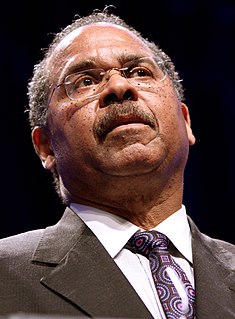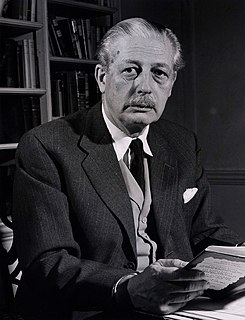A Quote by Benjamin Tucker
Anarchism does not repudiate the right of ownership, but it has a conception thereof sufficiently different from [others'] to include the possibility of an end of that social organization which will arise, not out of the ruins of government, but out of the transformation of government into voluntary association for defence.
Related Quotes
Anarchism asserts the possibility of an organization without discipline, fear, or punishment, and without the pressure of poverty: a new social organism which will make an end to the terrible struggle for the means of existence, --the savage struggle which undermines the finest qualities in man, and ever widens the social abyss. In short, Anarchism strives towards a social organization which will establish well-being for all.
But we assure the socialists that we repudiate only forced organization, not natural organization. We repudiate the forms of association that are forced upon us, not free association. We repudiate forced fraternity, not true fraternity. We repudiate the artificial unity that does nothing more than deprive persons of individual responsibility. We do not repudiate the natural unity of mankind under Providence.
[Socialists claim] that we reject fraternity, solidarity, organization, and association; and they brand us with the name of individualists. We can assure them that what we repudiate is not natural organization, but forced organization. It is not free association, but the forms of association that they would impose upon us. It is not spontaneous fraternity, but legal fraternity. It is not providential solidarity, but artificial solidarity, which is only an unjust displacement of responsibility. Socialism . . . confounds Government and society.
The reason why the world's leftists give the world' s most horrible murderers a pass is because they sympathize with their socioeconomic goals, which include government ownership and/or control over the means of production. In the U.S., the call is for government control, through regulations, as opposed to ownership.
When people abuse these freedoms to enrich themselves at the expense of others, then the public will demand the government to step in. That is how government grows, and how freedom is diminished.... When financial meltdowns occur, the public's outrage drives government to take over part of the private sector. When the government does so, it replaces irresponsible executives with unaccountable bureaucrats. That takes us out of the frying pan and into the fire.
The analysis in the era of Ronald Reagan and Margaret Thatcher was that government was interfering with the efficiency of the economy through protectionism, government subsidies, and government ownership. Once the government "got out of the way," private markets would allocate resources efficiently and generate robust growth. Development would simply come.
The right of a nation to determine its own form of government does not include the right to establish a slave society (that is, to legalize the enslavement of some men by others). There is no such thing as "the right to enslave." A nation can do it, just as a man can become a criminal- but neither can do it by right.
If the World War [I] demonstrated anything it was that government ownership is fraught with the gravest dangers and usually leads to disaster. Take Britain. The two problems which have caused the greatest trouble since the war ended have been transportation and coal. The government seized both industries when the war broke out. It got them into such a hopeless mess that it does not know how to turn [In] coal; the government now realizes, it took hold of the tail of a wild animal and is afraid to let go.
I heartily accept the motto, "That government is best which governs least"; and I should like to see it acted up to more rapidly and systematically. Carried out, it finally amounts to this, which also I believe — "That government is best which governs not at all"; and when men are prepared for it, that will be the kind of government which they will have. Government is at best but an expedient; but most governments are usually, and all governments are sometimes, inexpedient.
Although I am still in favour of a National Government in these difficult times, and shall probably be found in the great majority of cases in the Government Lobby, there are some issues that have arisen, or are likely to arise, upon which I am unable to give the Government the support which it has, perhaps, the right to expect from those receiving the Government Whip. It occurs to me, therefore, that it would perhaps be more satisfactory if I was no longer regarded as being among the supporters of the present Administration.




































